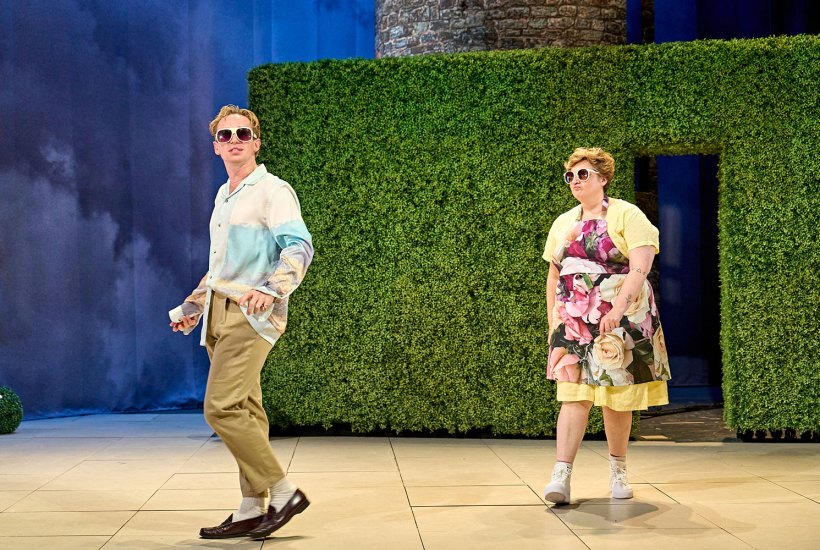Theatres outside London like to produce shows that appeal to their local communities. Inside London, where cultural attitudes are strangely warped, theatres are happy to disregard the neighbourhoods they serve, and they show little interest in the lives of their customers. But the Royal Court Theatre and Hampstead Theatre have both chosen to stage shows that feature characters who live nearby.
Already a subscriber? Log in
Subscribe for just $2 a week
Try a month of The Spectator Australia absolutely free and without commitment. Not only that but – if you choose to continue – you’ll pay just $2 a week for your first year.
- Unlimited access to spectator.com.au and app
- The weekly edition on the Spectator Australia app
- Spectator podcasts and newsletters
- Full access to spectator.co.uk
Or
Unlock this article
You might disagree with half of it, but you’ll enjoy reading all of it. Try your first month for free, then just $2 a week for the remainder of your first year.








Comments
Don't miss out
Join the conversation with other Spectator Australia readers. Subscribe to leave a comment.
SUBSCRIBEAlready a subscriber? Log in